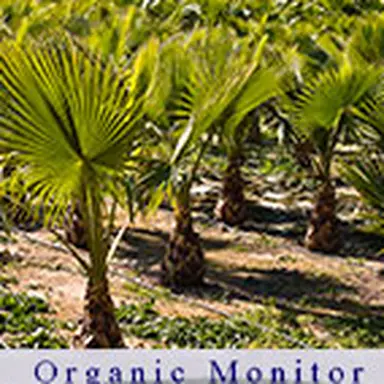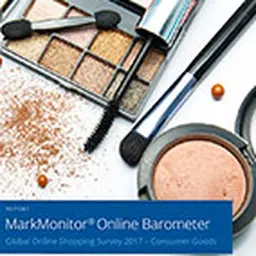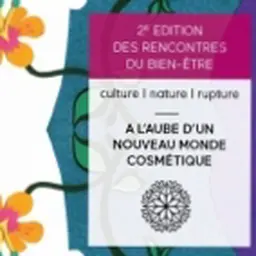
Sustainable sourcing of raw materials is gaining popularity in the cosmetics industry, however Organic Monitor finds Asia is lagging behind. And questions hang over the ecological and social impact of raw materials.
Western cosmetic companies and ingredient firms are setting up ethical sourcing programmes in the region, with relatively low involvement from Asian firms.
The Asia-Pacific has 30% of global surface area, yet houses 60% of the population. Growing economic affluence and urbanisation are putting a strain on natural resources and threatening biodiversity. The region has lost 95% of its primary, uncut forests, whilst individual countries have lost up to 90% of their natural habitats. According to the International Union for Conservation of Nature and Natural Resources (IUCN), the region has the highest number of threatened animal and plant species.
Deforestation and draining of wetlands are associated with agriculture for cosmetic raw materials. Production of palm oil - the most widely used vegetable oil in cosmetic products - has been directly responsible for destruction of tropical rainforests in Malaysia and Indonesia. As well as releasing greenhouses gases, palm oil cultivation has led to animals, such as the orang-utan and Sumatra tiger, to become critically endangered.
There are also concerns about the sustainable supply of many cosmetic ingredients like fragrances and natural actives which are indigenous to the region. Sandalwood, native to India and Sri Lanka, is now mainly produced in Australia because …













